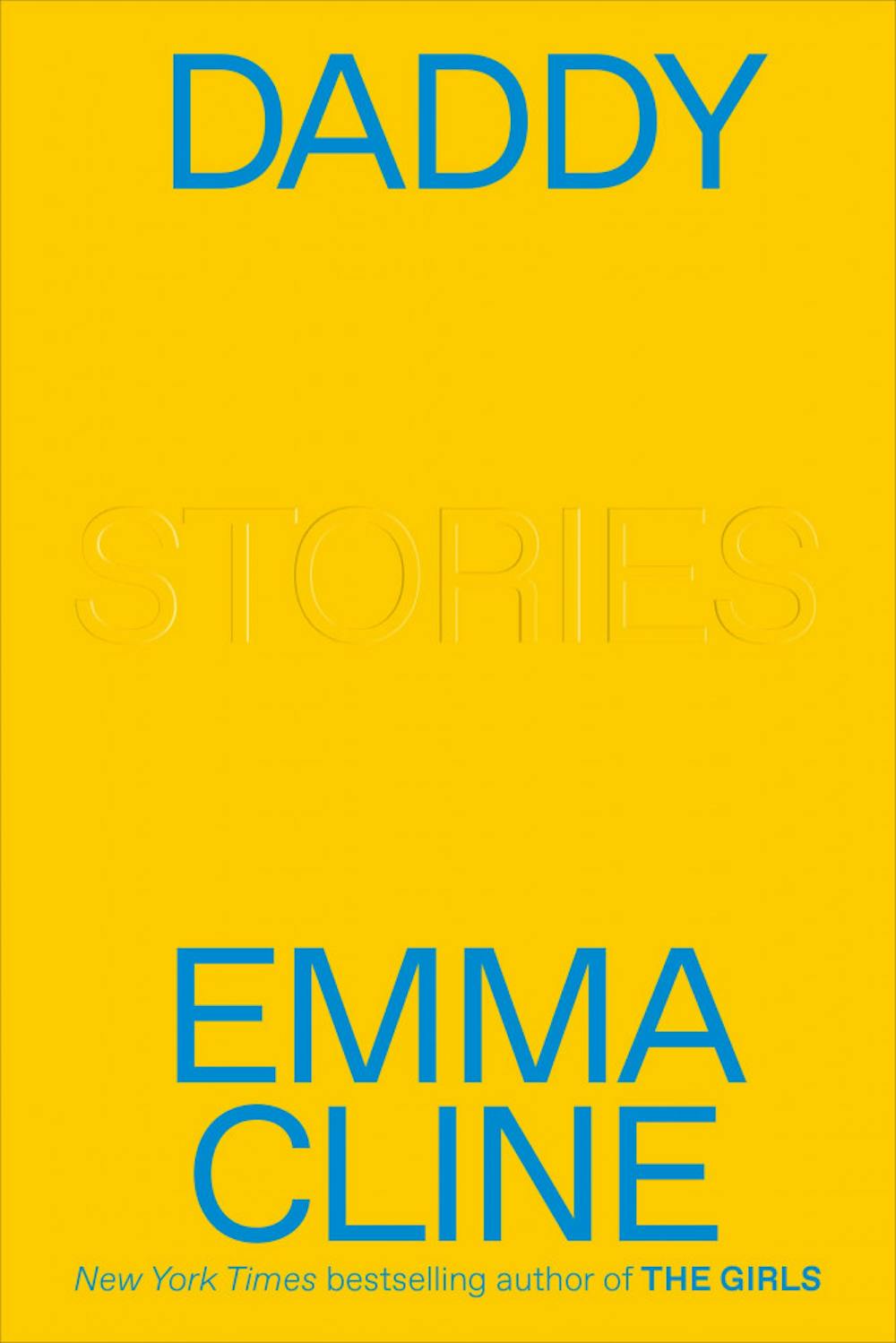Author Emma Cline graduated from Middlebury in 2010 and received her MFA from Columbia University in 2013. Three years later, Penguin Random House published her first book, “The Girls,” with a striking $2 million advance in a three-book deal. The book follows teenage Evie in 1960s California, as she gets sucked into a cult based loosely on the Manson Family.
Cline was only 25 when “The Girls” was published, and she has already written two more books since. Her third and newest, “Daddy,” is a collection of short stories that explore relationships with fathers and older men (hence the book’s title, which cannot be read without a little discomfort), power-dynamics and the blurred lines of what it means to be a victim or a predator.
Cline has an ability to slip into distinct voices for a short time and without much warning. Many of her stories center on intimate third-person perspectives of middle-aged or older men, often fathers, who have made mistakes in their lives. Cline does not give many details about the characters’ pasts, instead dropping us into the middle of their current lives and guiding us through how they think.
In “What Can You Do with a General,” Cline hints that John, the story’s lead role, may have been an abusive father: his daughter flinches in the car as he reaches across her to the glove box, his wife locks him out of the house and he recalls a memory of him throwing food at his daughter when she wouldn’t eat. Now older and more tired, John mopes about, his anger “neutered.” In a post-#MeToo world, it might seem counterproductive to spend so much time with the minds of “neutered” men — so why does Cline do it?
Cline offers the reader intimate access to her characters’ minds without the subjectivity of a first-person narration, but any pity her stories’ subjects feel for themselves is not Cline’s attempt at demanding sympathy for them. Her portrayals do not defend these men or their actions, but they do not necessarily condemn nor “cancel” them either. Cline writes with a tone that echoes the haziness and granularity of these men’s lives as they unenthusiastically go through the motions post-“neutering.” She makes the characters seem hollow and distant from their own lives, and as I read, Cline left me feeling hollow too, often without sympathy.
In the few stories centered around women, Cline dips again into the topic of sex, making evident the effects of misogyny and the sexualization of women from a young age. “Marion,” a version of which Cline first wrote at Columbia, won The Paris Review’s Plimpton Prize in 2013. While it fits well into “Daddy’s” theme, this story stands out as the only first-person narrative. The protagonist periodically stays at her friend Marion’s house where Marion’s father, Bobby, kisses both girls on the mouth at night and often walks around the house naked.
Cline establishes the uncomfortable and inappropriate family dynamic at Marion's house with nonjudgmental descriptions that make the reader wonder if these things even feel wrong to the narrator. She shows how Marion, barely a teenager, is already conditioned to aspire to be desirable to men.
“This one’s real skinny, but her tits are big. Like me. Men love that,” Marion says. The girls even take nude photos, trying to imitate women from Playboy magazines. Cline doesn’t stop with the obvious indications of the girls’ warped perspectives on love and sex. She is able to insert sexual innuendos into any situation, highlighting for the reader the uncomfortable sexualization of the young girls.
When reading, I often wondered how men who relate to any of her characters would perceive her depictions of their thoughts and perspectives of the world. It is certainly interesting to look into the minds of those we do not quite understand or like, and in this case I do not think Cline gives these men power or sympathy. In some ways, Cline takes power away from them by embodying them and controlling their portrayals herself. “Daddy” is definitely worth the read if you are interested in the complexities and power-dynamics of human relationships, and Cline’s writing style is uniquely descriptive and haunting.
These stories do not leave the reader feeling good inside, and they pose questions that Cline is not intent on answering for us. Go in with a critical mind, and do not rush through it. Let each story marinate as a stand-alone piece, but allow themes and connections between them bubble up along the way.

Summer Hornbostel '22 is an Arts & Culture editor.
Hornbostel started writing for the Campus last year but will now focus her energy into her new role as editor. She is majoring in English and writing a collection of poetry for her thesis this fall. In the summer of 2021, she worked as a music journalist for an online publication called The Garnette Report where she covered stories on rising musical artists.




